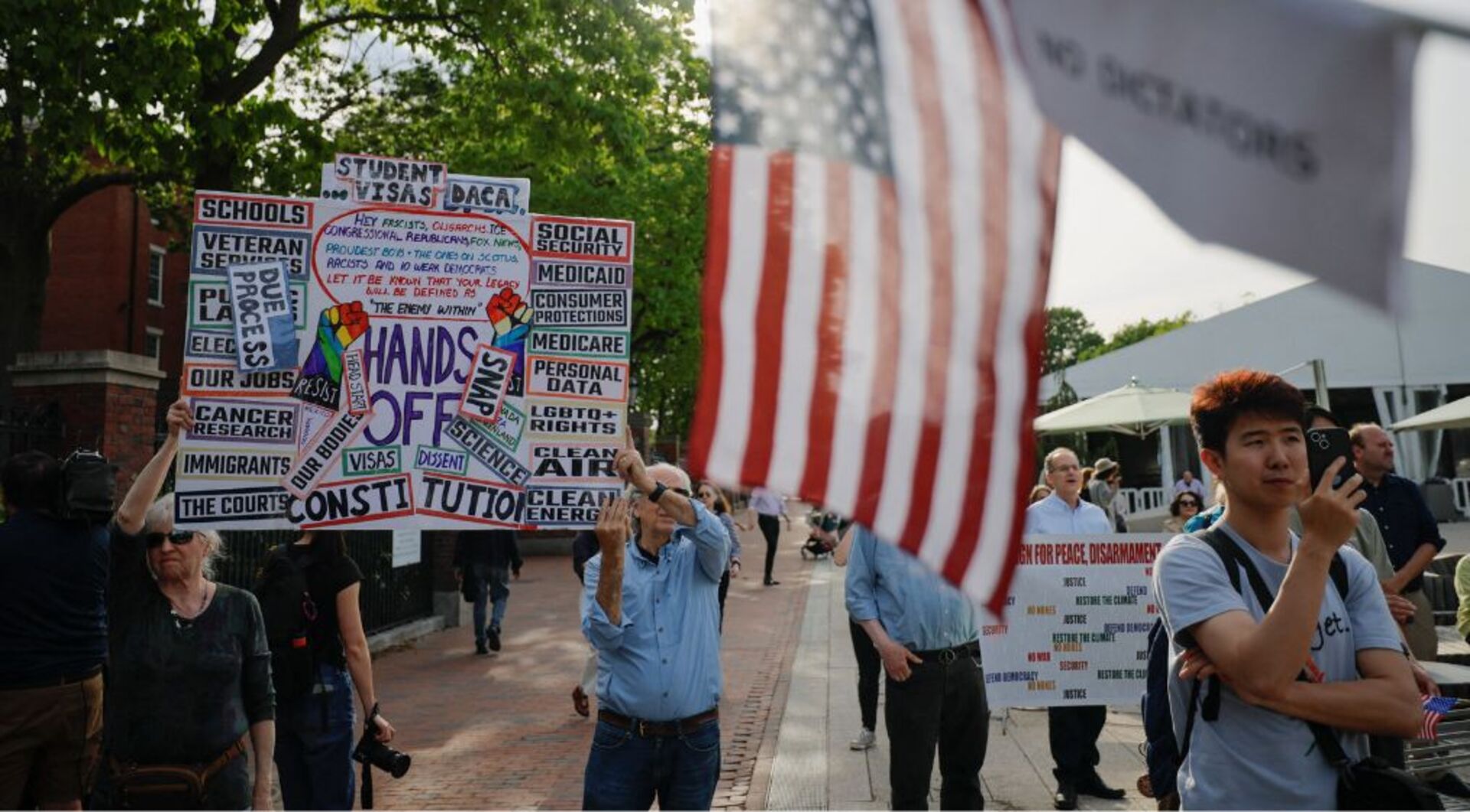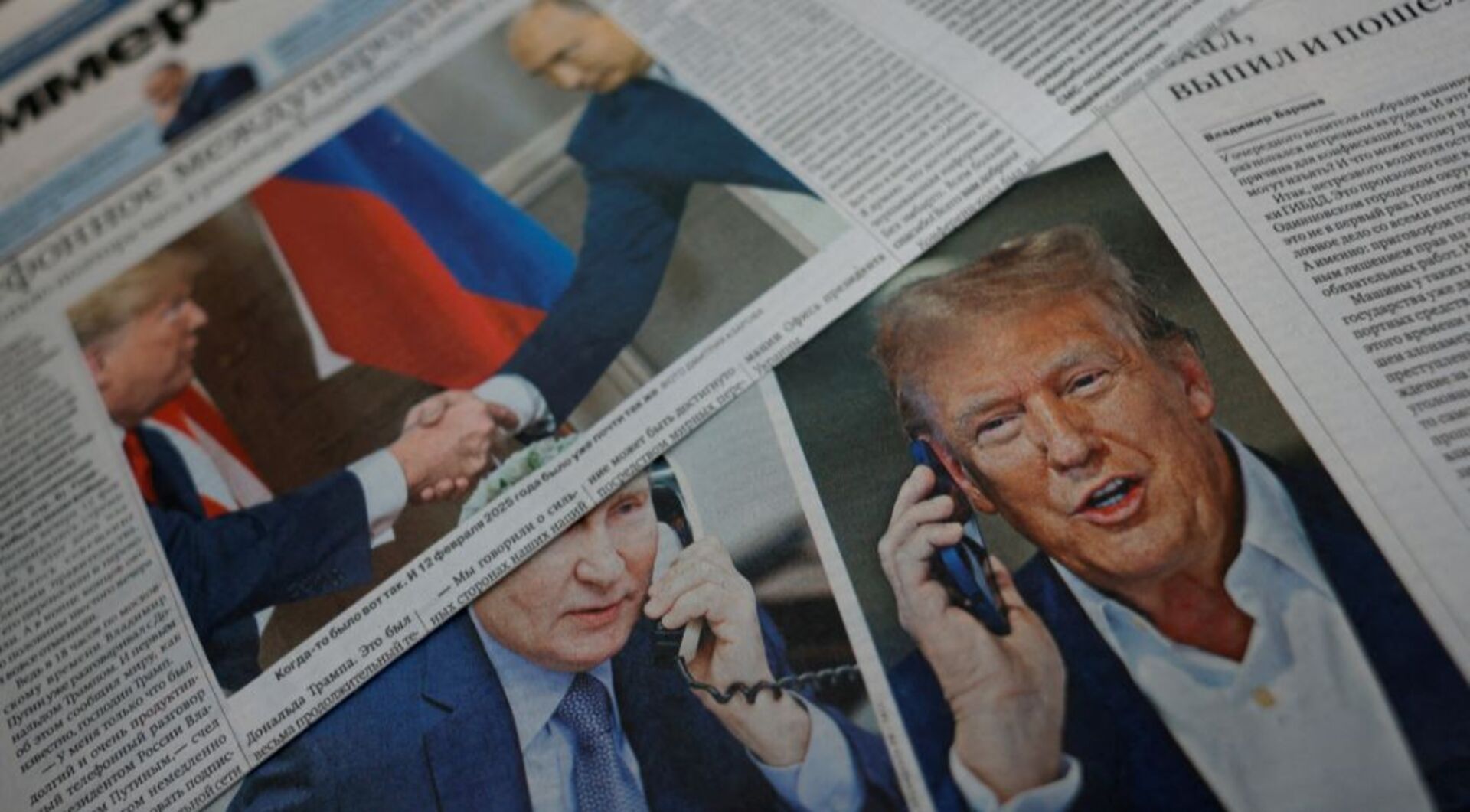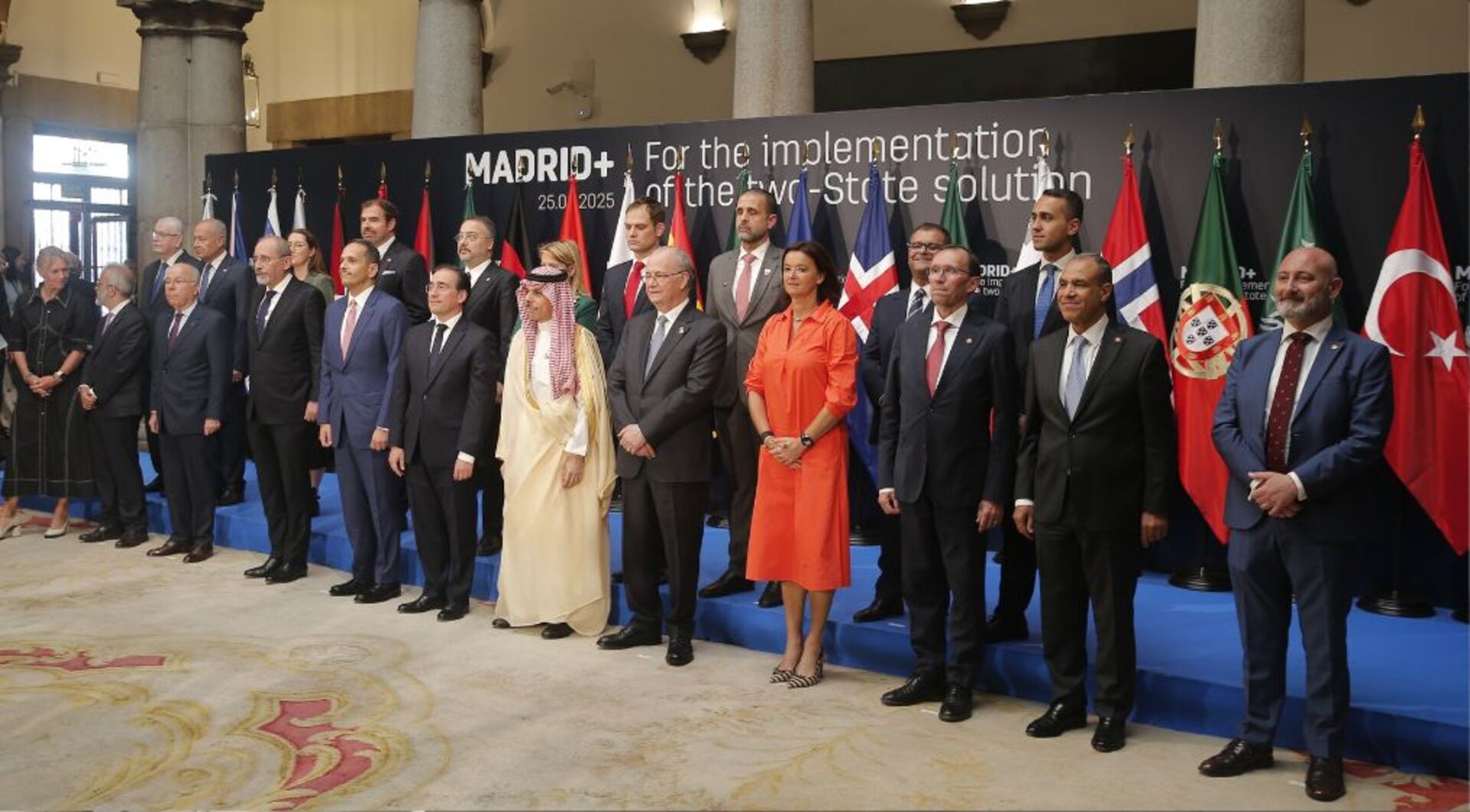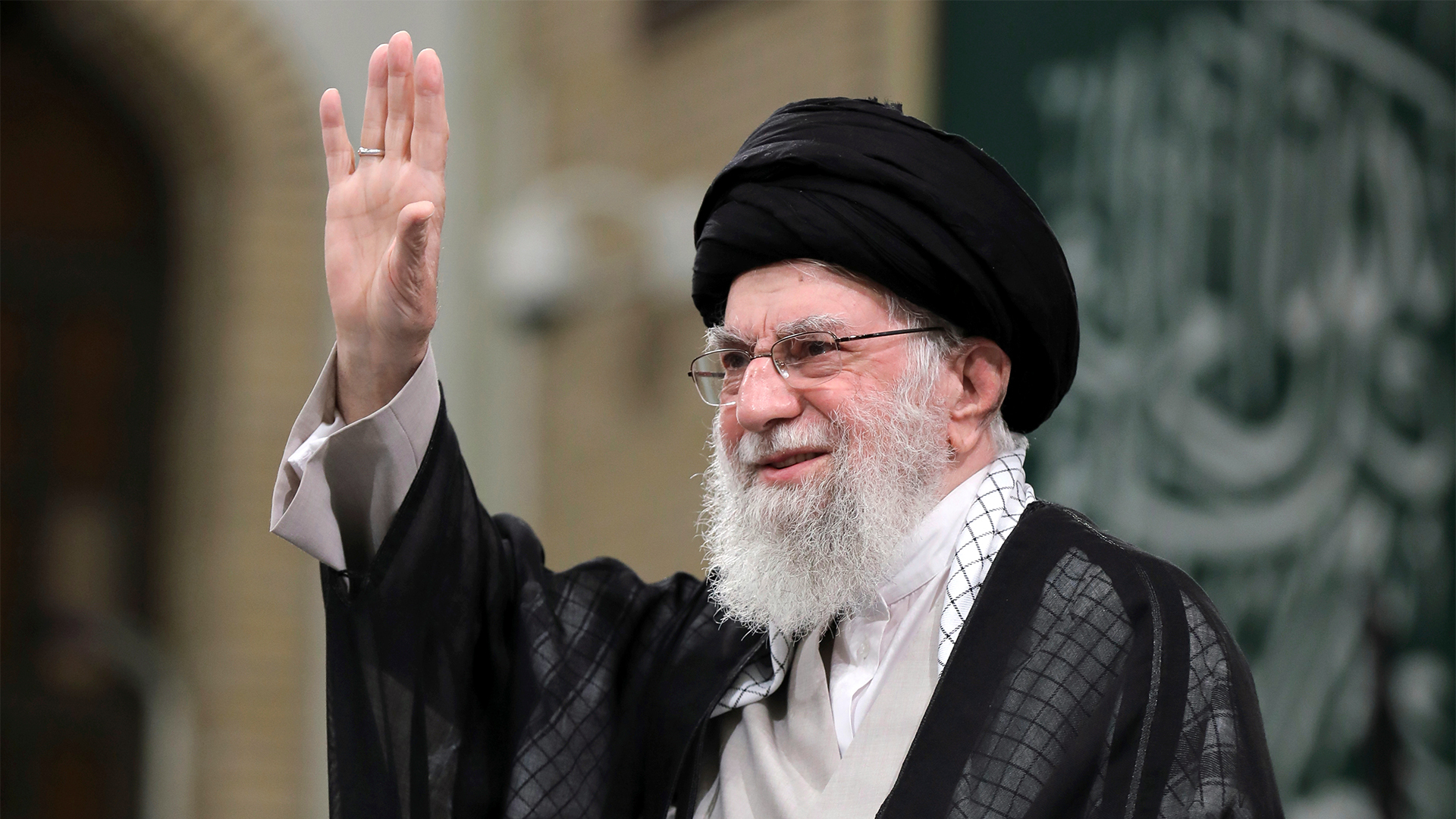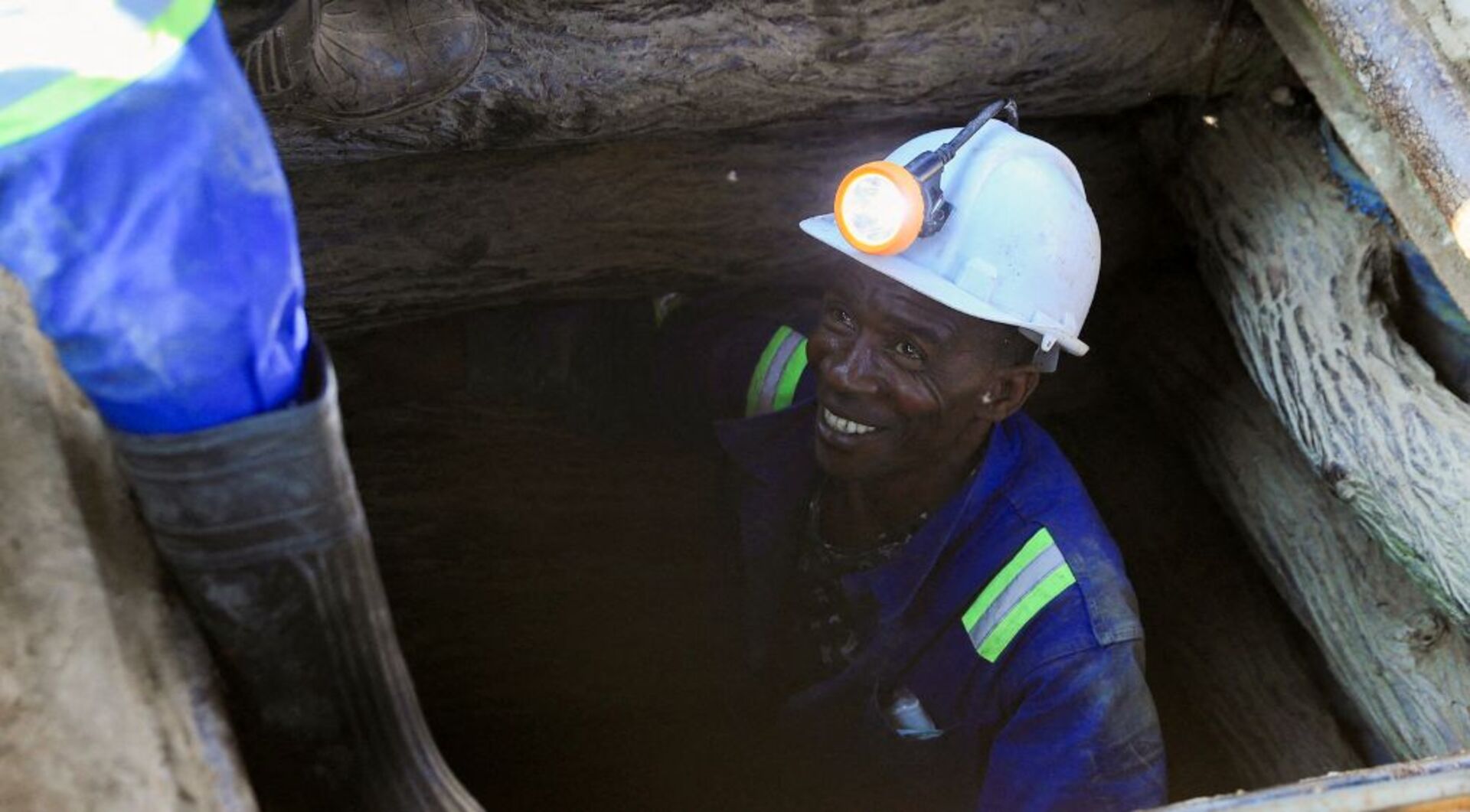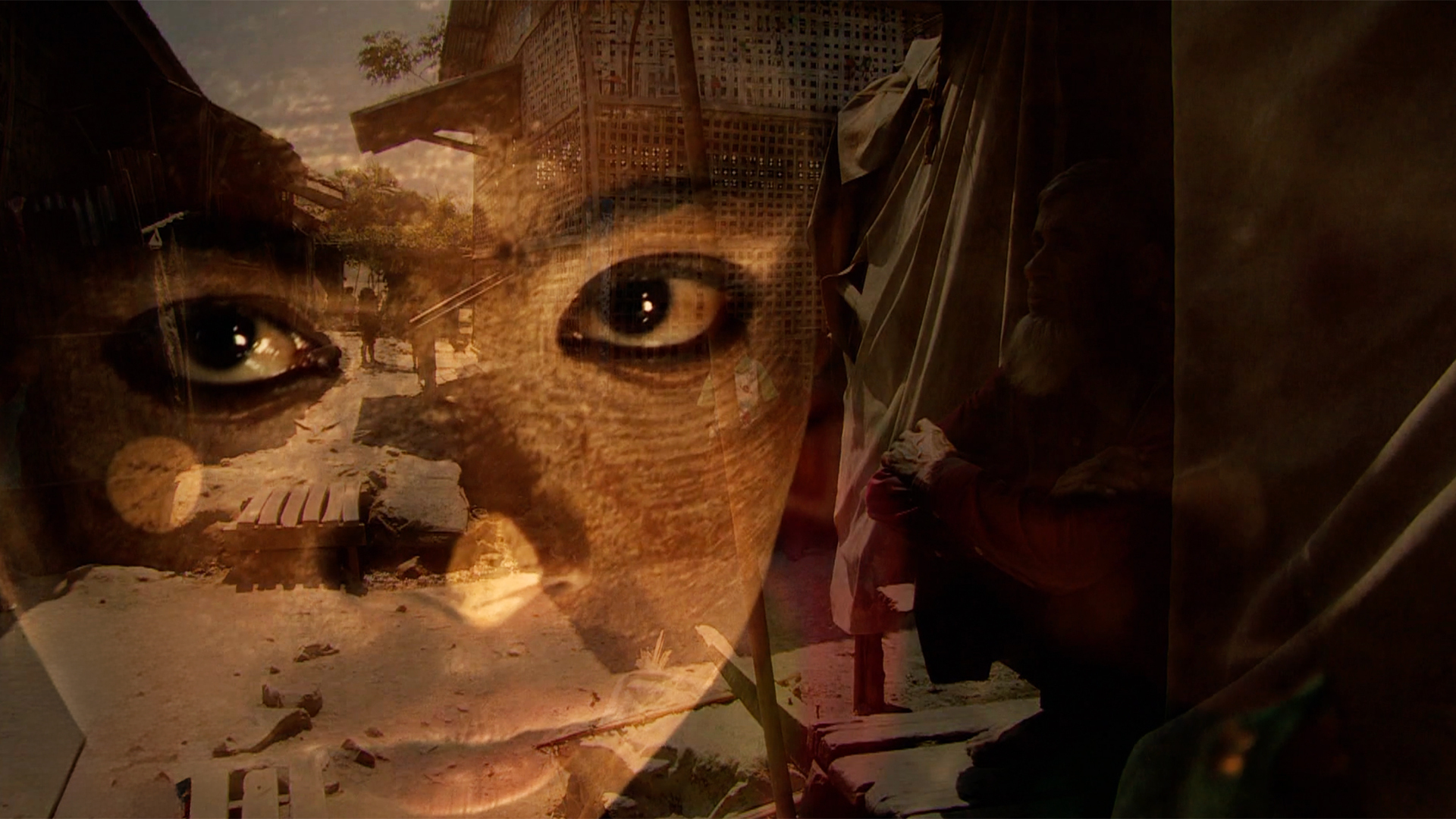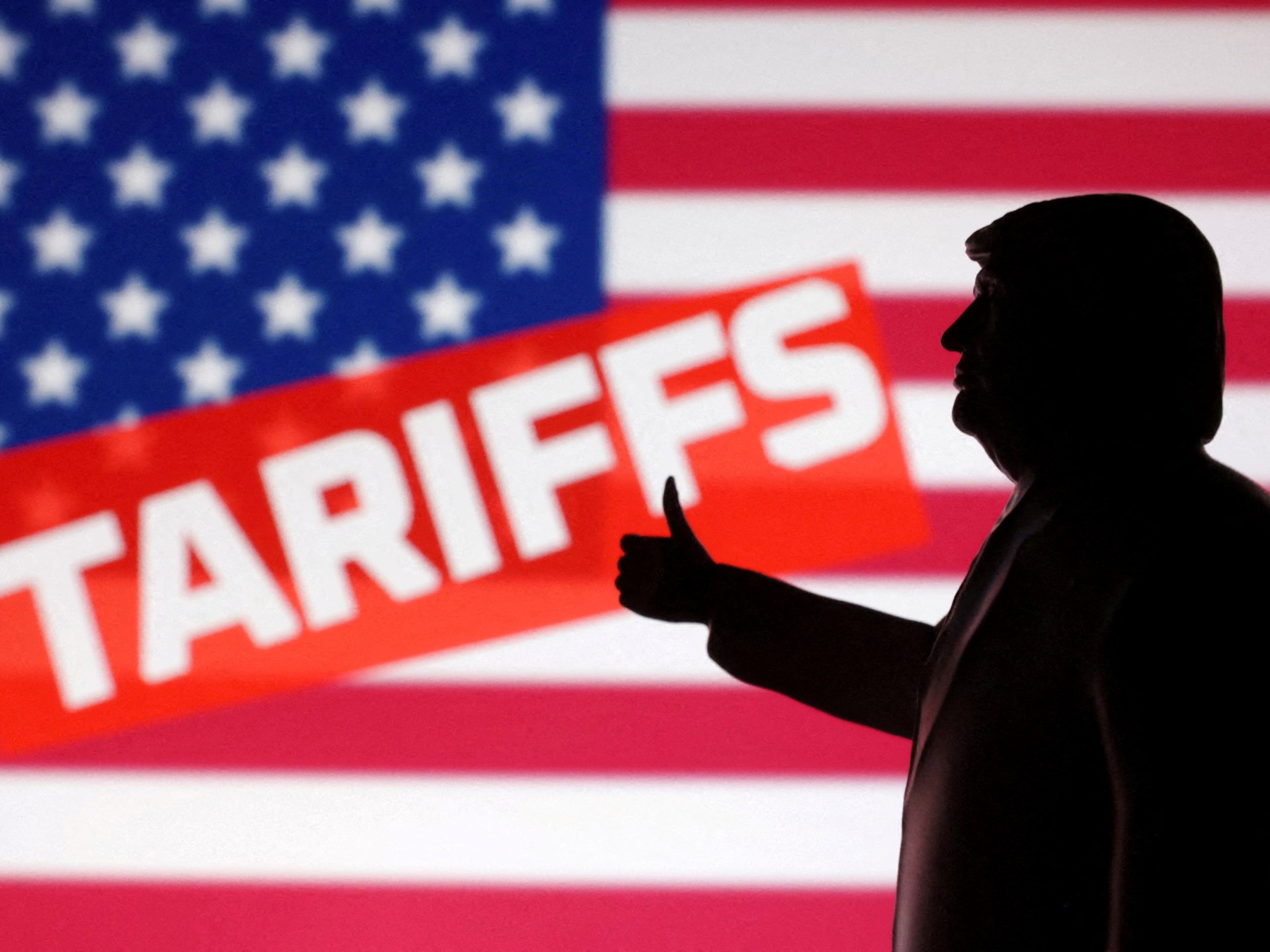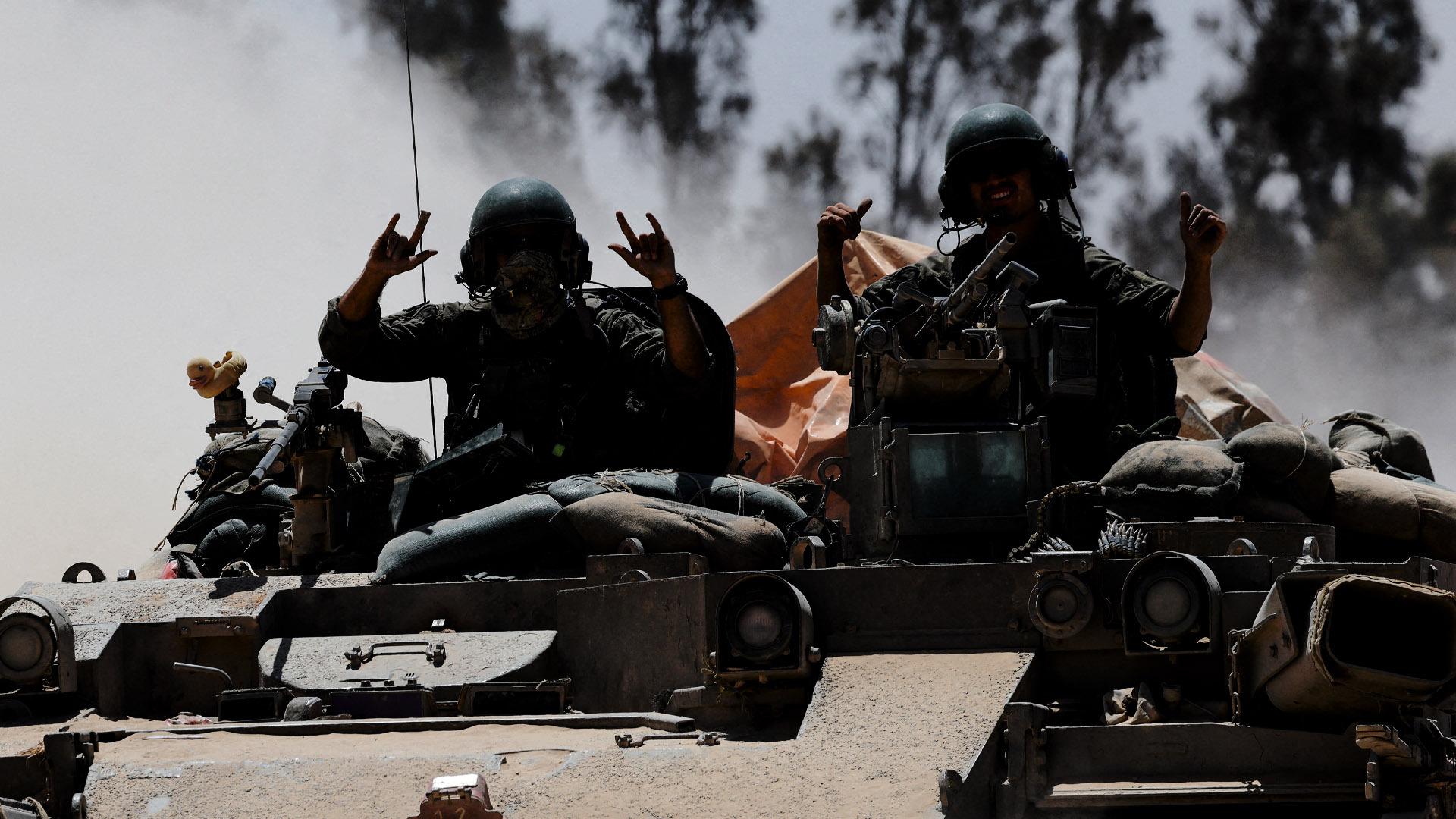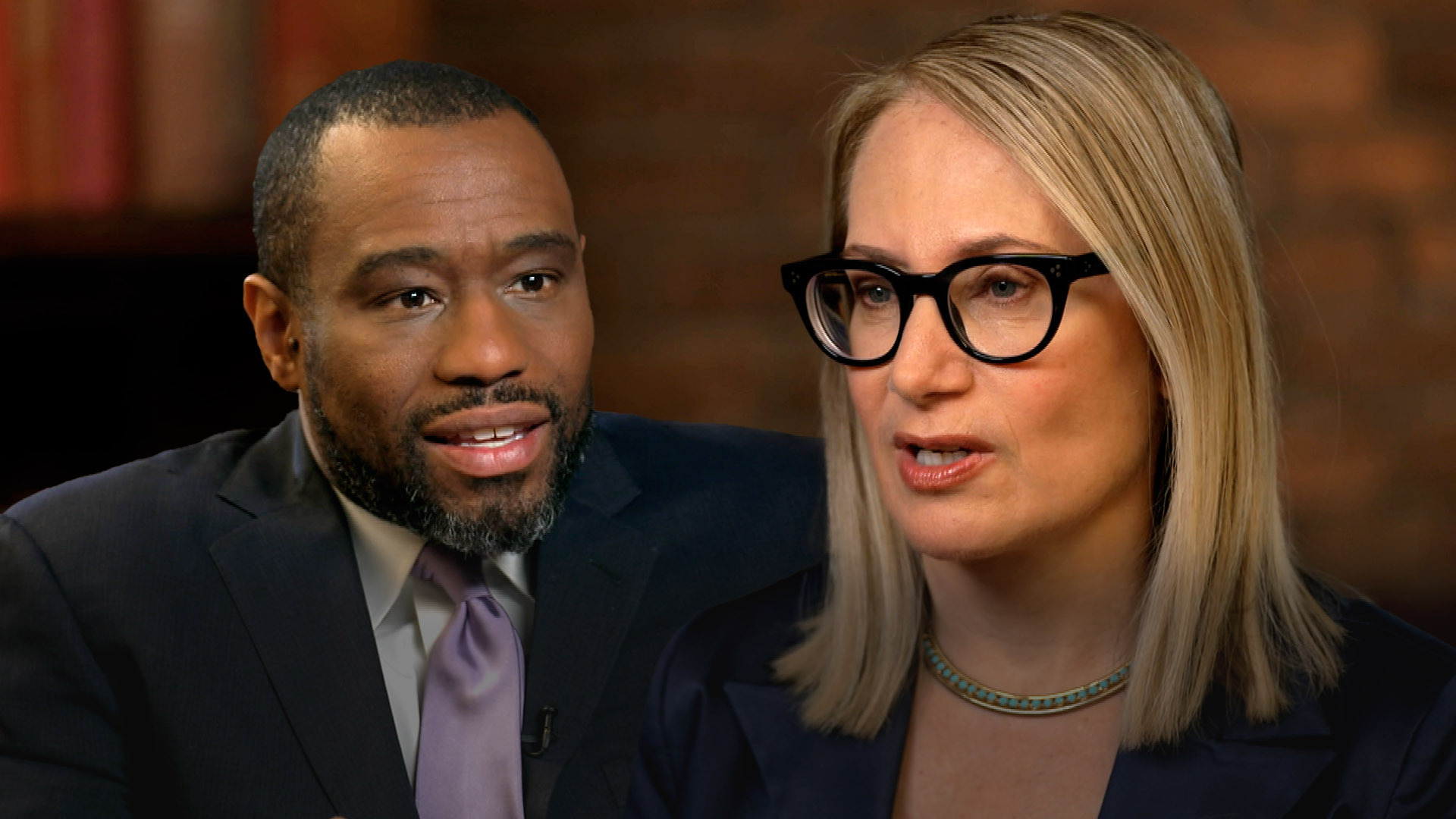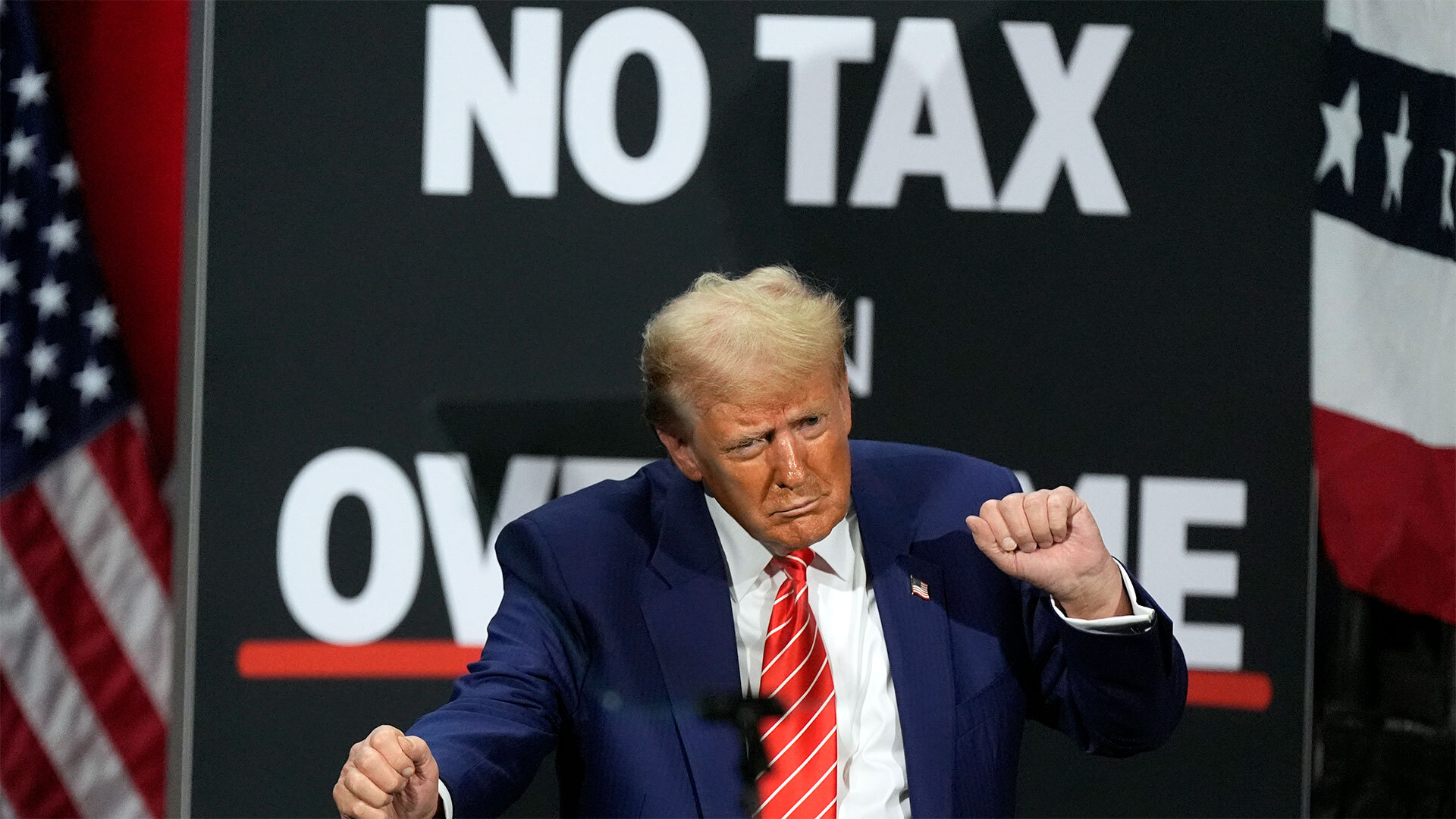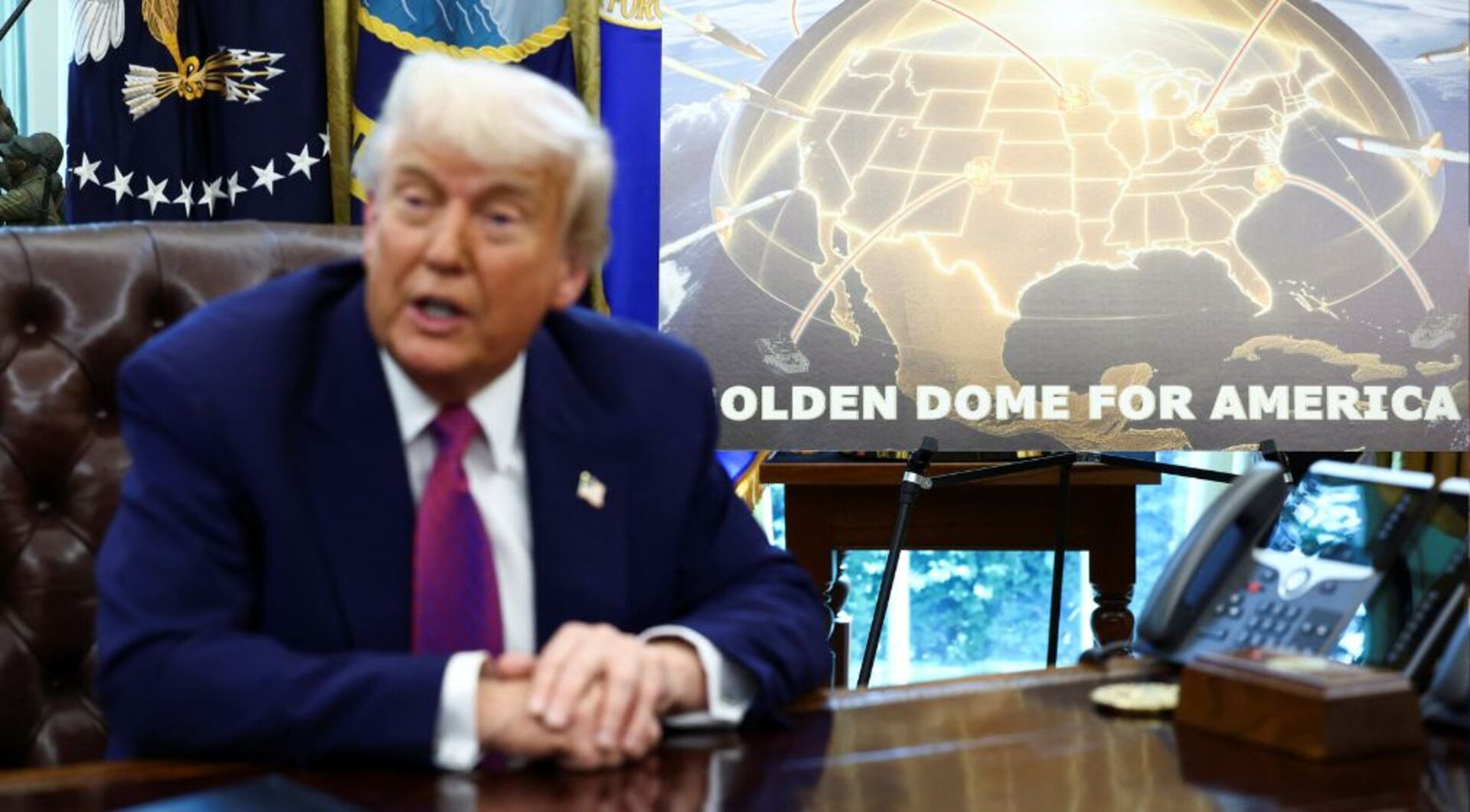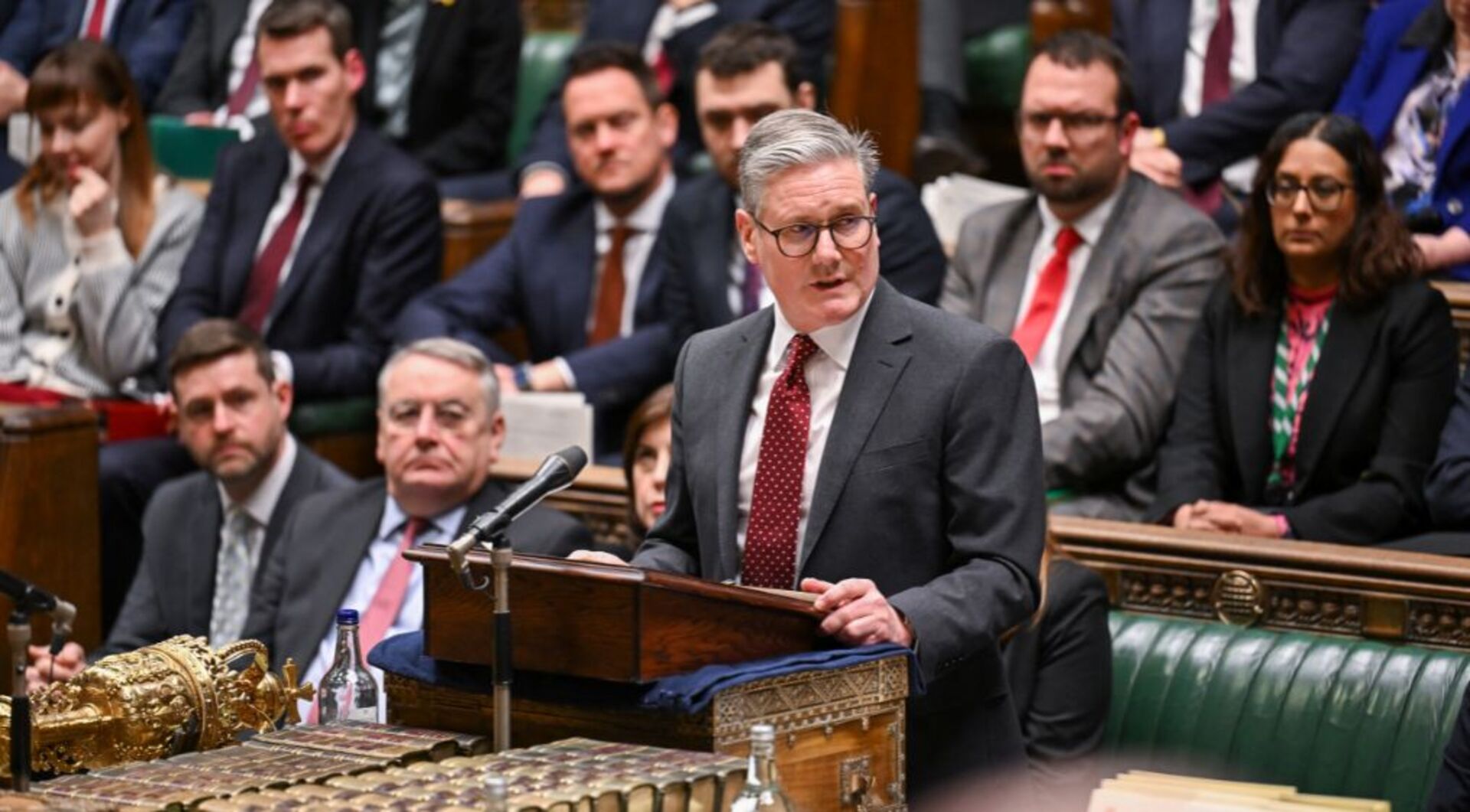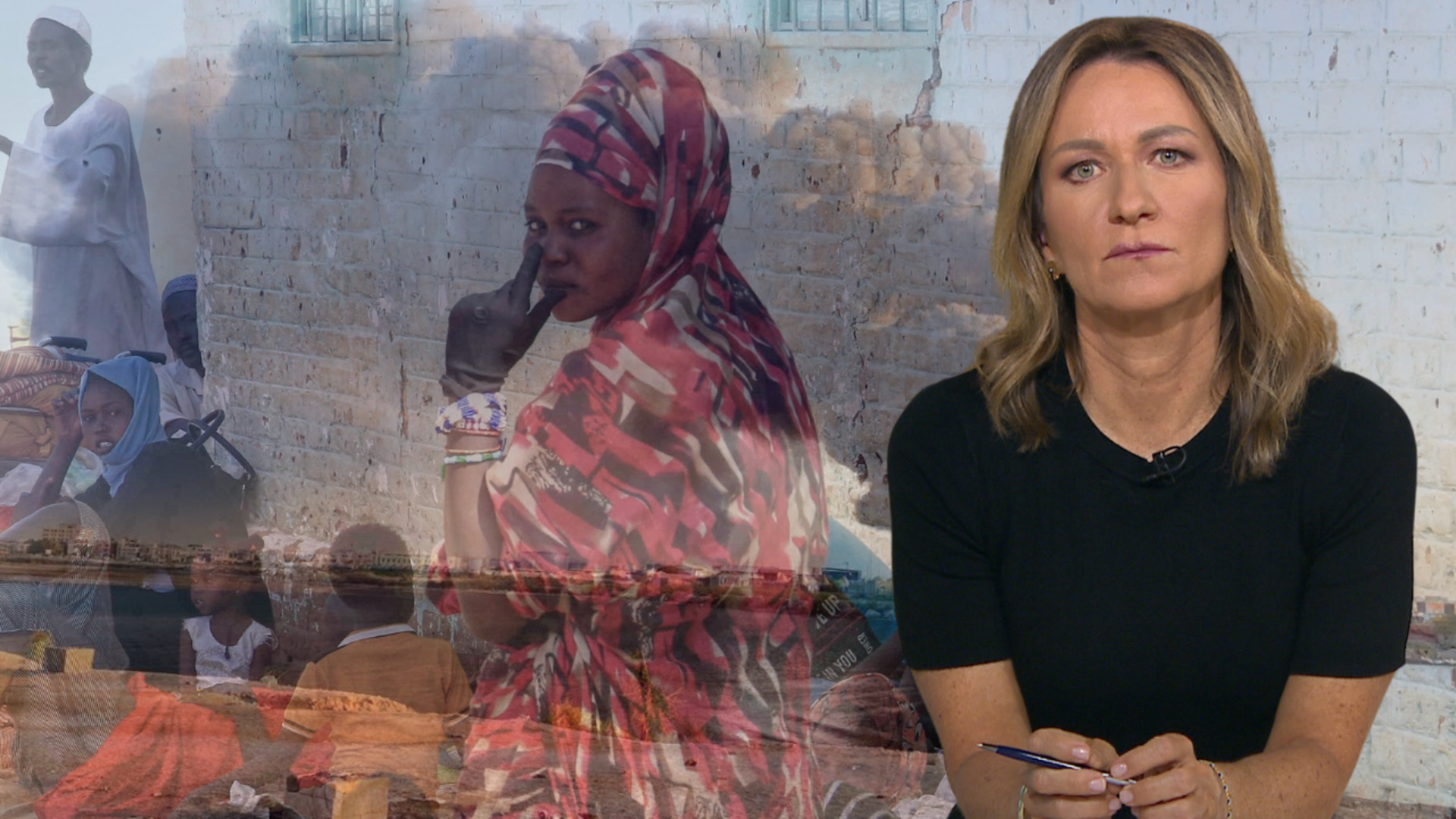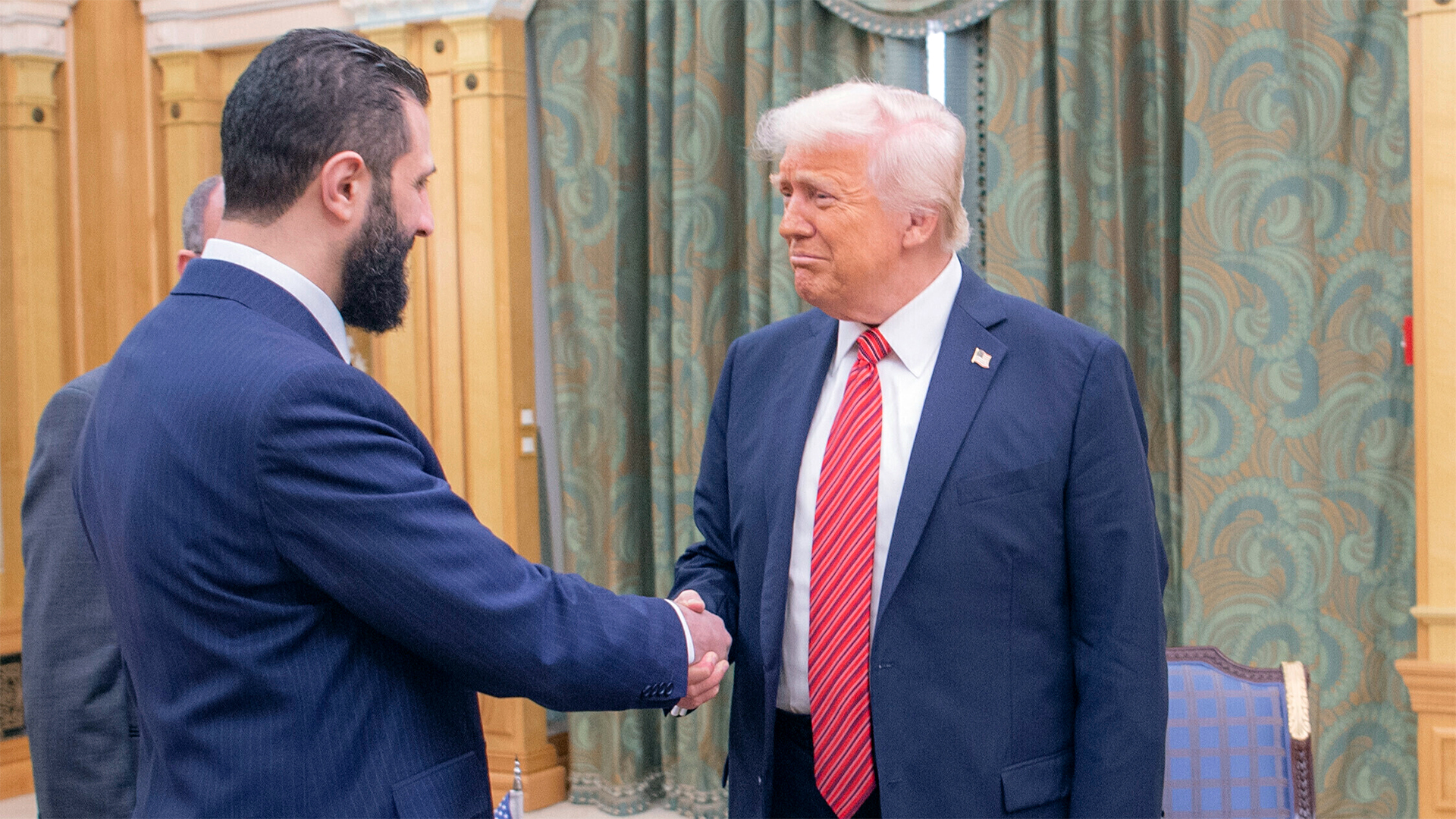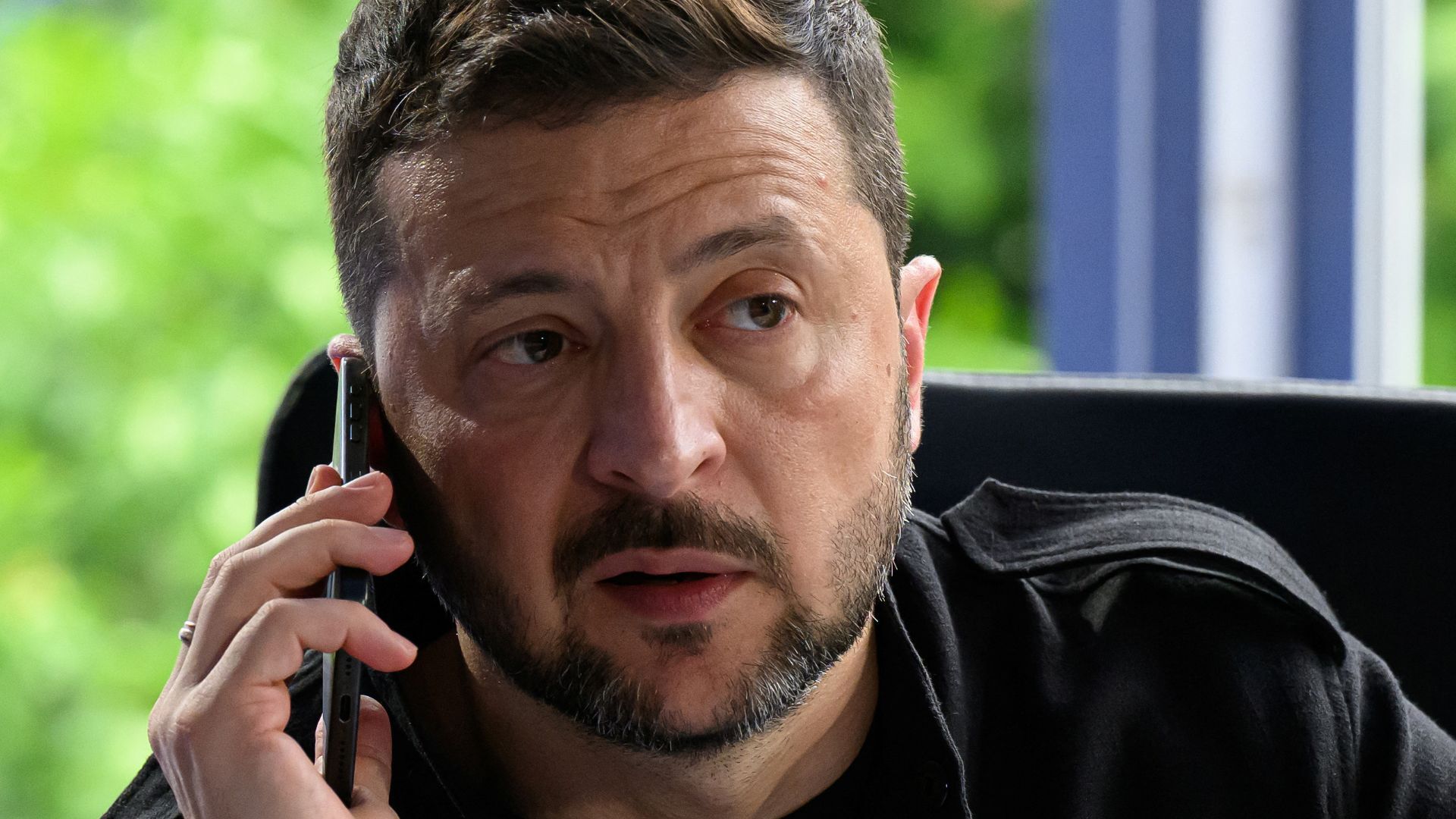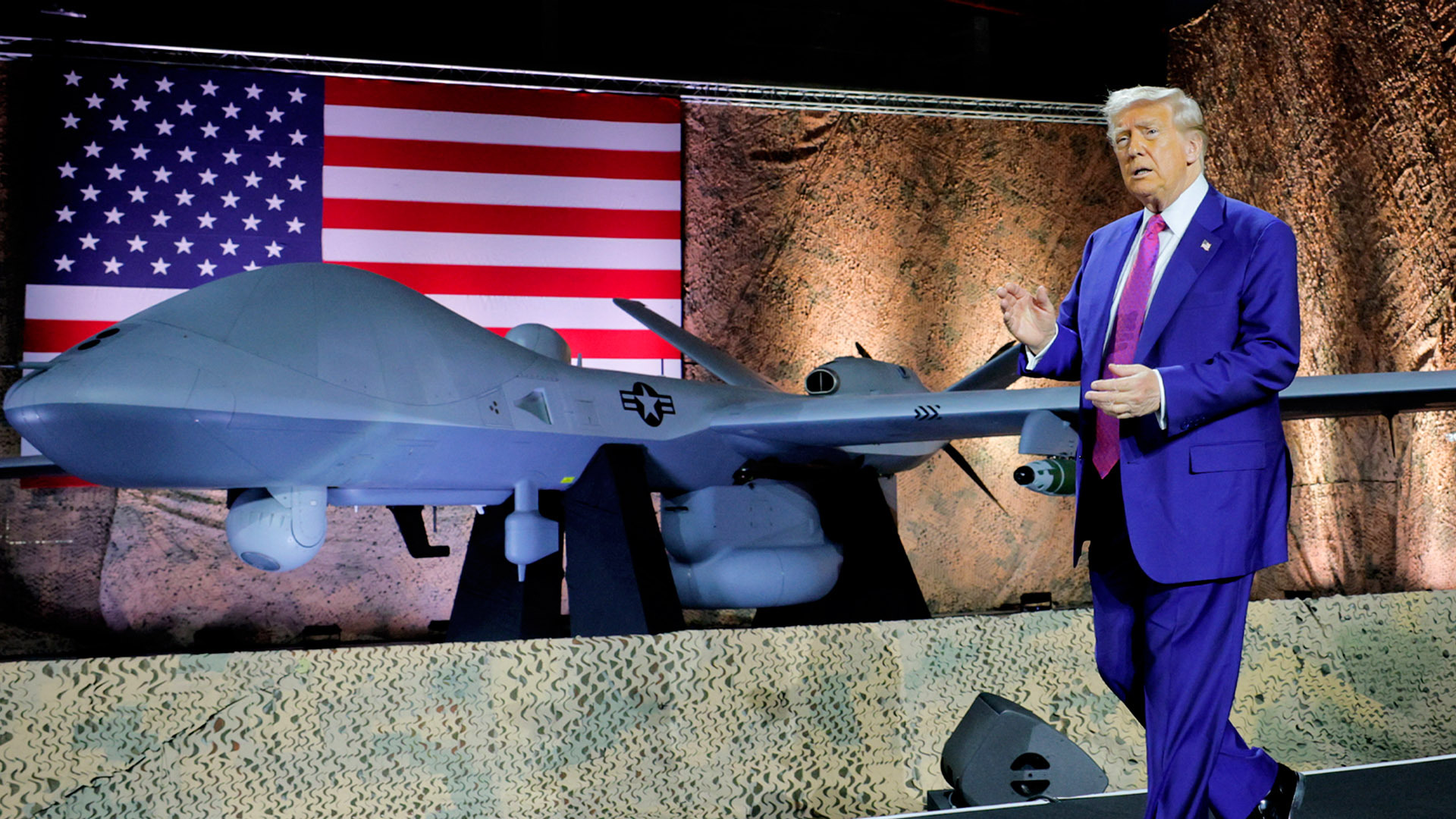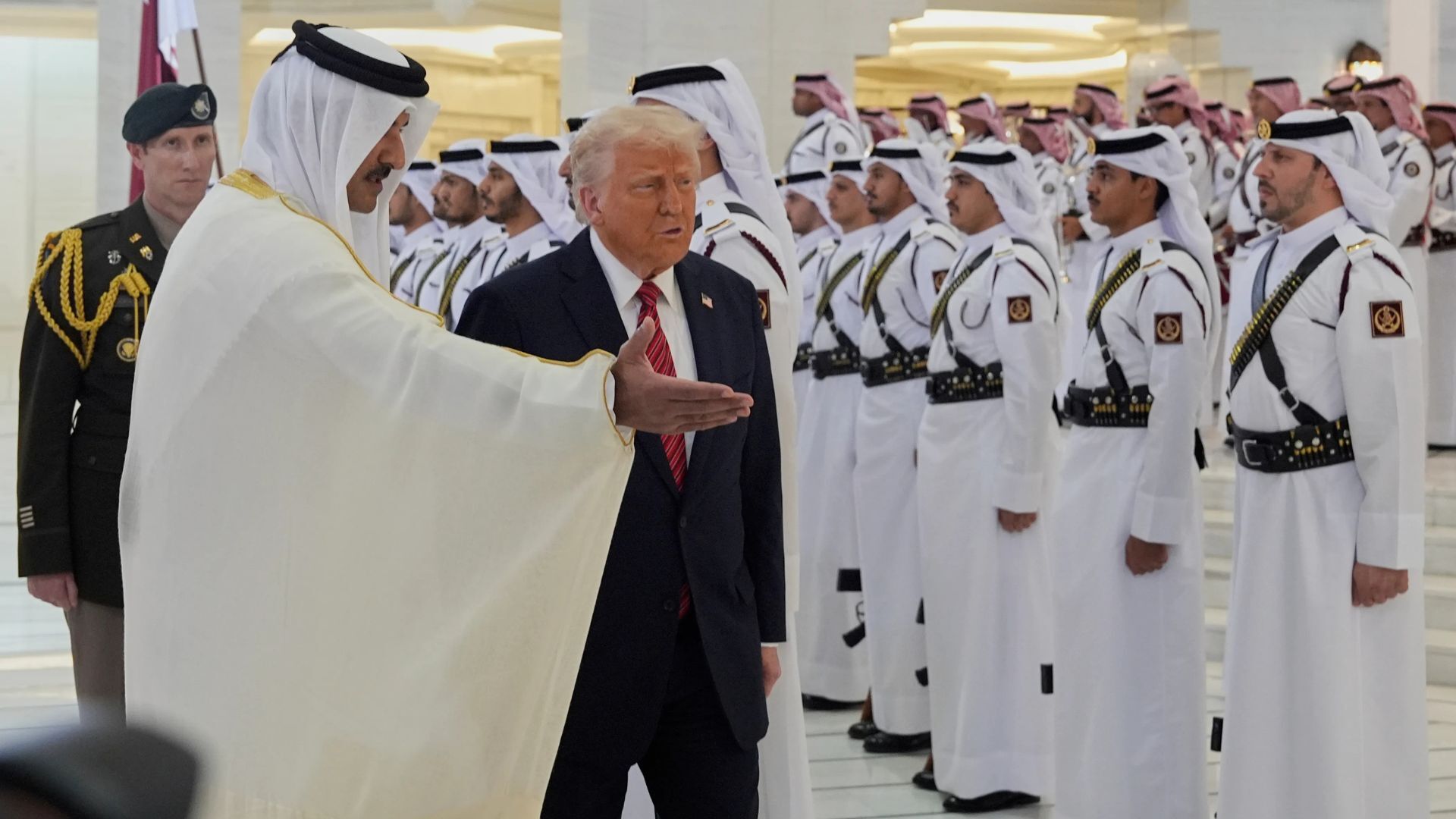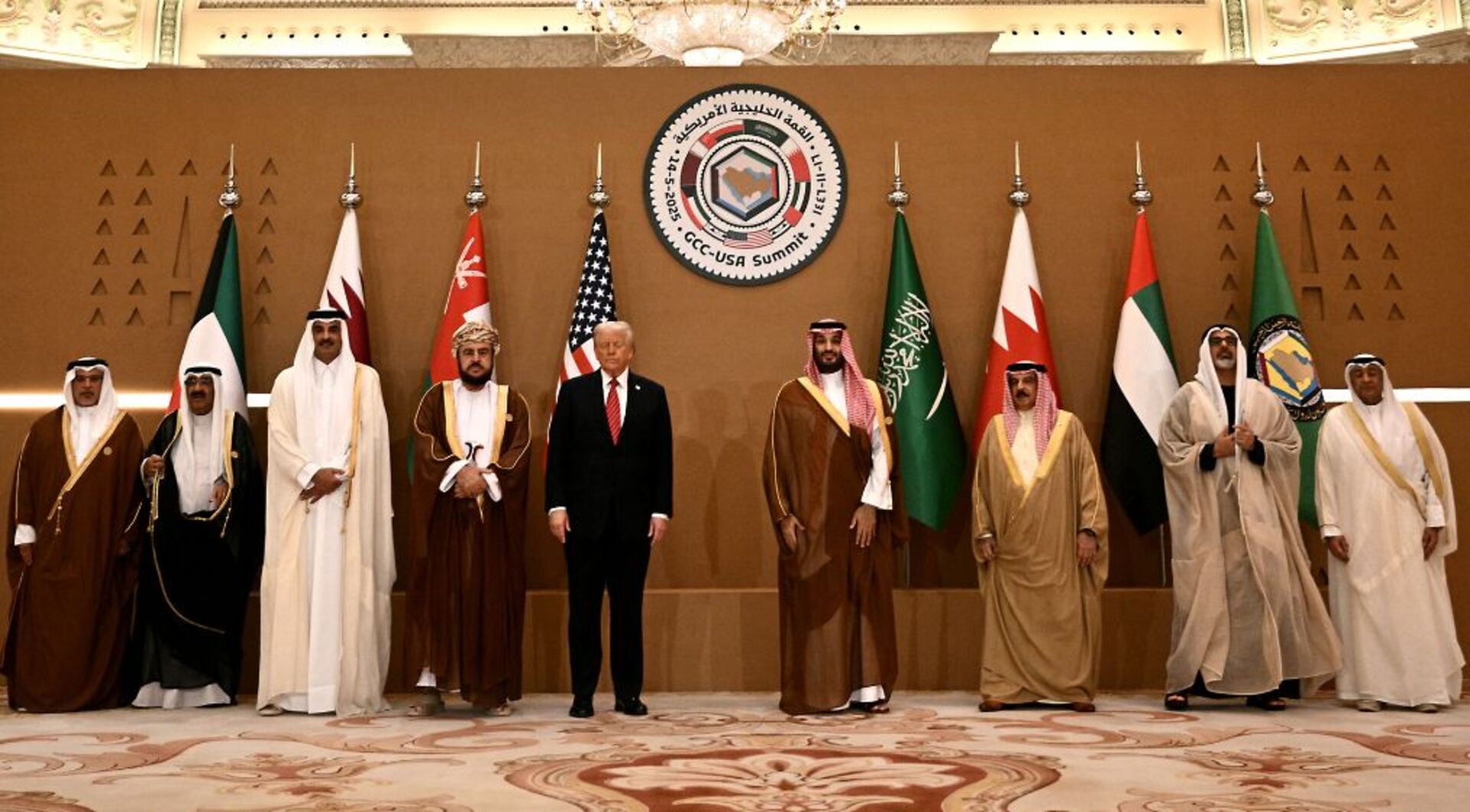Why is Donald Trump cracking down on international students? | Education
US administration said it will revoke the visas of Chinese students.
It is the latest move by the Trump administration in a campaign against US universities and international students: a decision to revoke the visas of Chinese students, who number in the hundreds of thousands in the United States.
The US secretary of state has also announced the suspension of interviews for new student visa applicants – and an increase in the vetting of their social media postings.
With China being the second-biggest source of international students in the US after India, the reduction in revenues for American schools and universities is expected to be heavy.
US President Donald Trump has already cut funding to Harvard University.
How are academia and research likely to be affected in the US – and around the world?
Presenter:
James Bays
Guests:
Clay Harmon – Executive director of the Association of International Enrollment Management
Alexandra Miller – Immigration lawyer and senior adviser to Vecina, a non-profit group advocating for immigrant justice
Josef Gregory Mahoney – Professor of politics and international relations, East China Normal University
